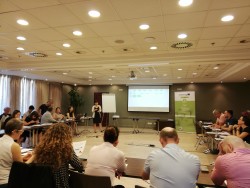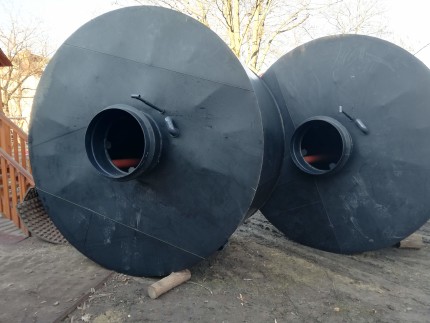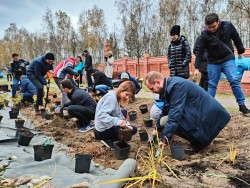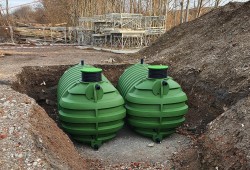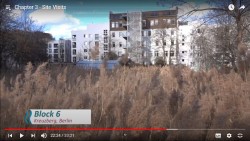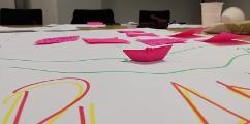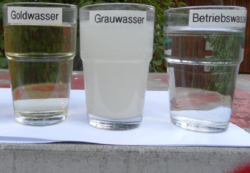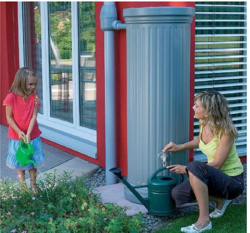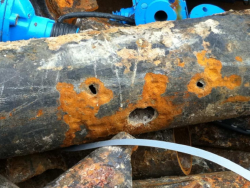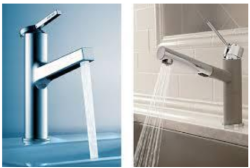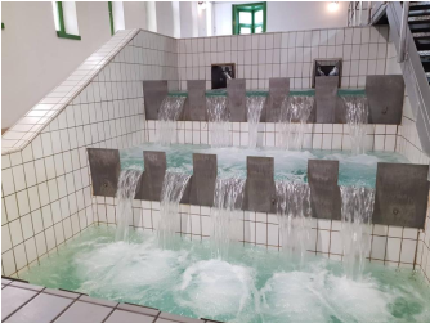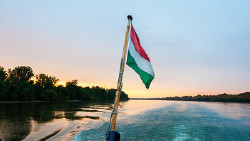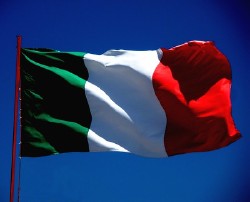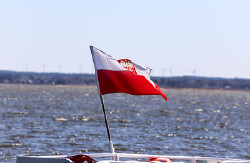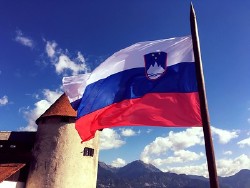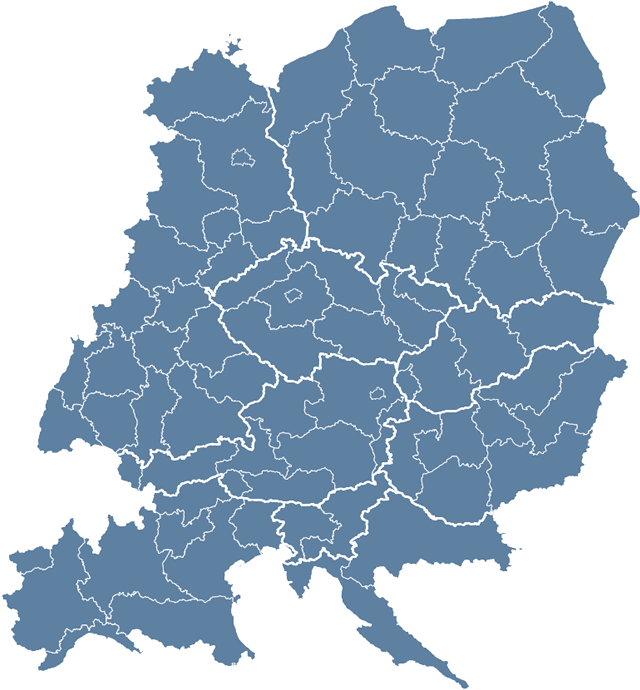Climate change induced hydrological risks are making central European cities increasingly vulnerable against urban floods and at the same time make the water scarcity problem worse. Coupled with growing drinking water consumption and consequently rising amounts of wastewater to be treated, this threatens the safety of future water supplies.
The City Water Circles - CWC project aims to help municipalities to reform outdated urban water infrastructure systems via applying a circular economy approach, which offers many economic and environmental benefits. The outputs of the project will help European cities to implement water management on their territory.
Model strategies and pilot investments have been developed, and the knowledge base supporting professional and decision-making activities will make the technologies, financial and policy tools that can be applied in cities freely available to all stakeholders.
News and events
CWC PILOT ACTIONS
Digital Learning Resources
Project duration
01.04.2019
30.06.2022
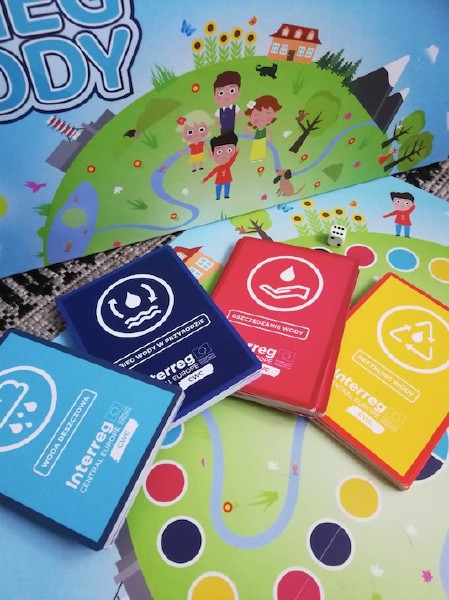
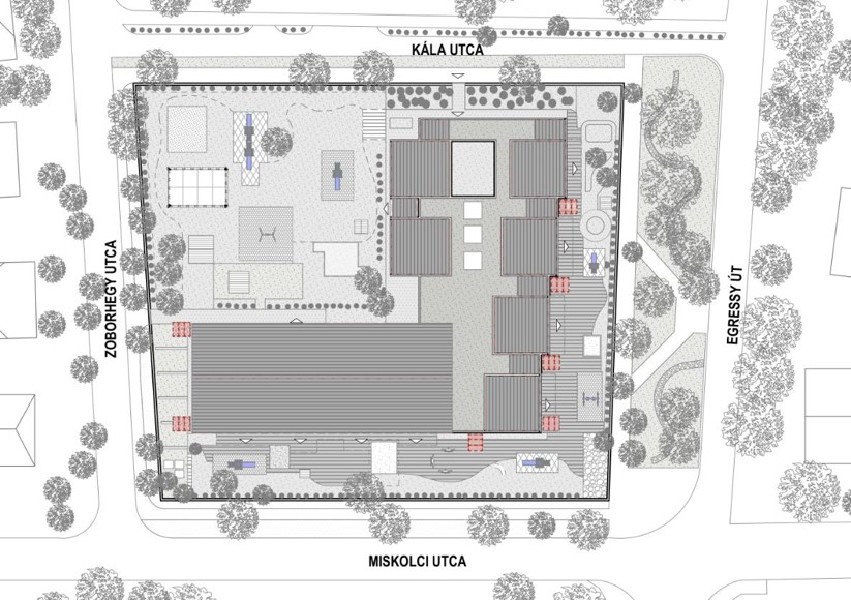
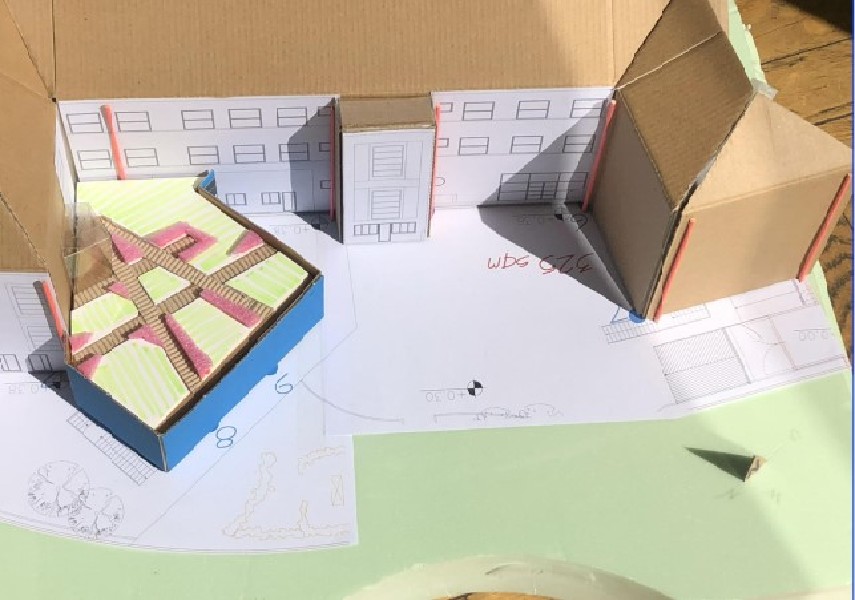
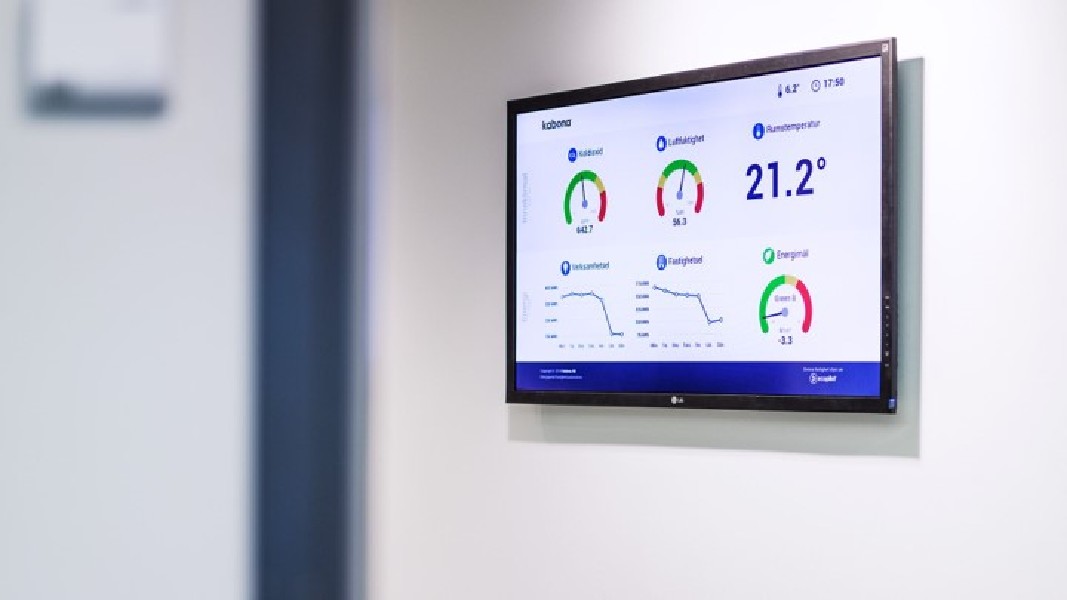
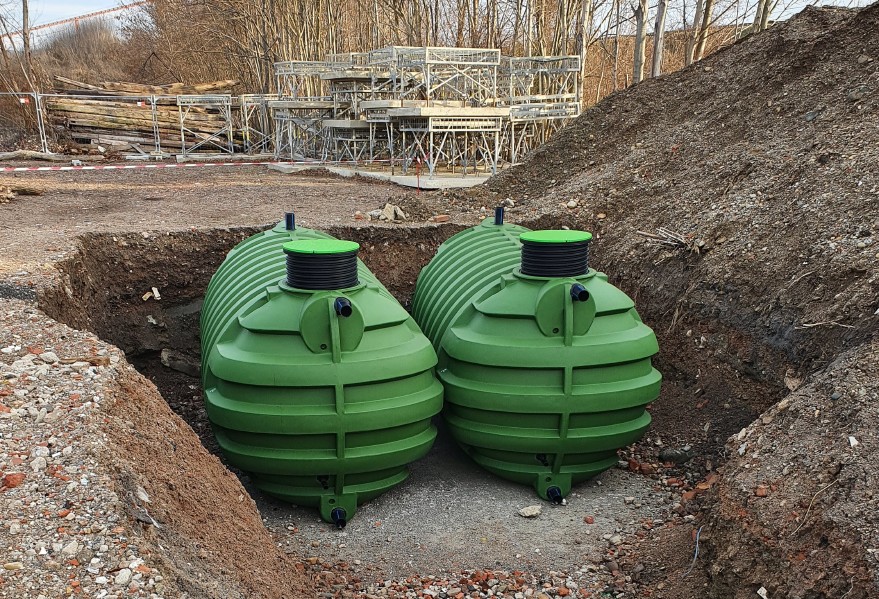
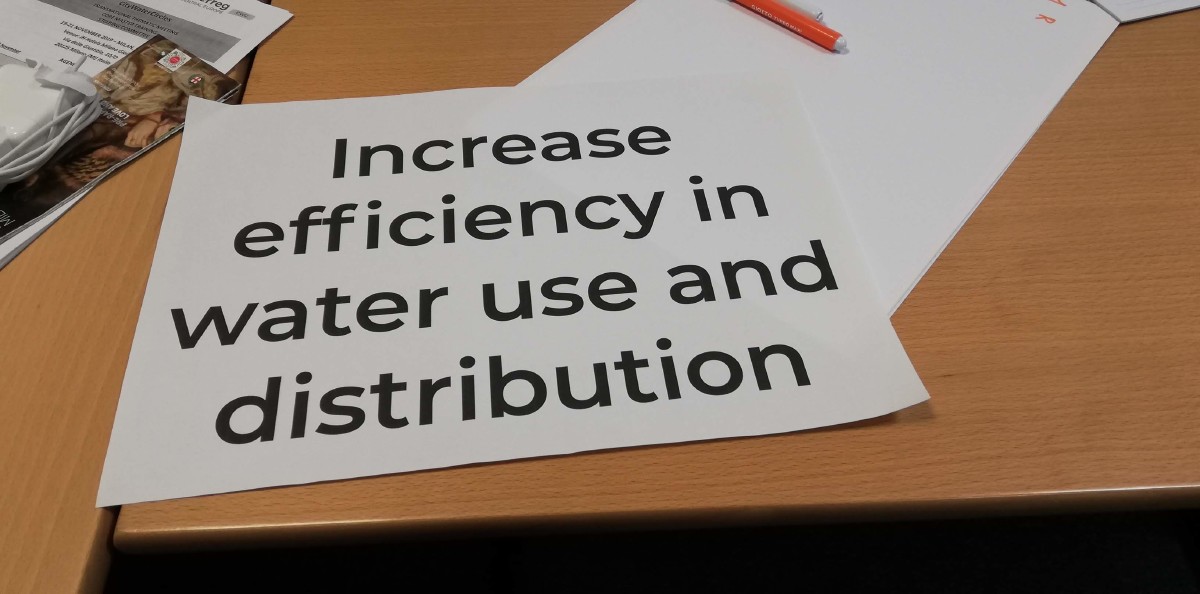
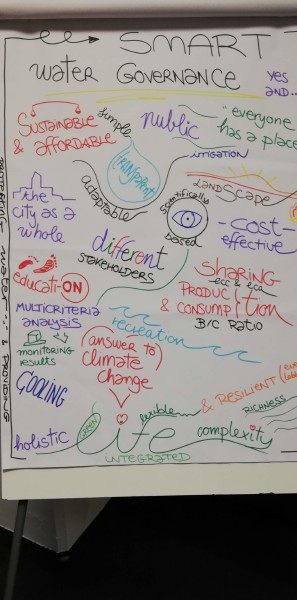
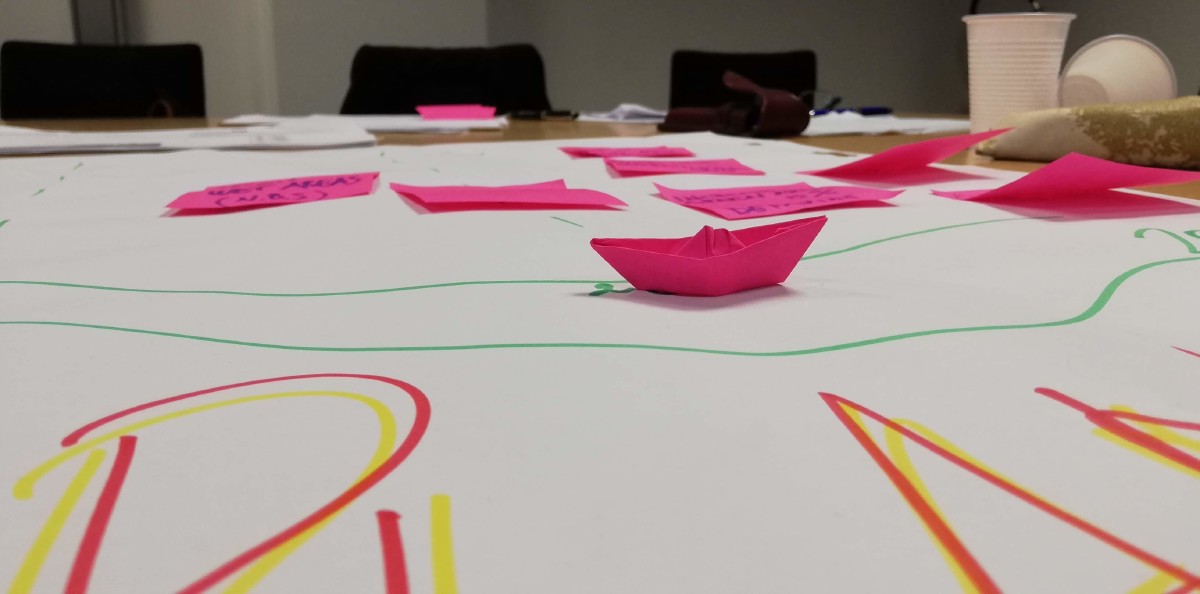
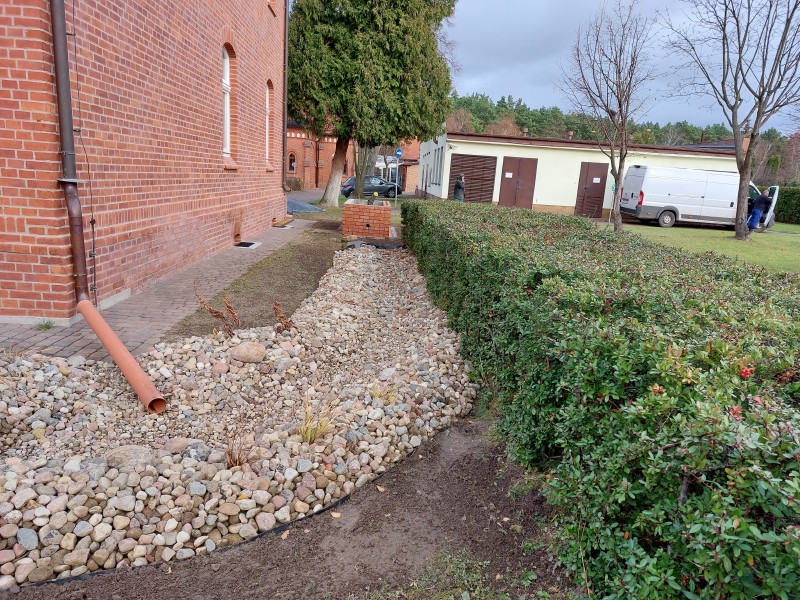
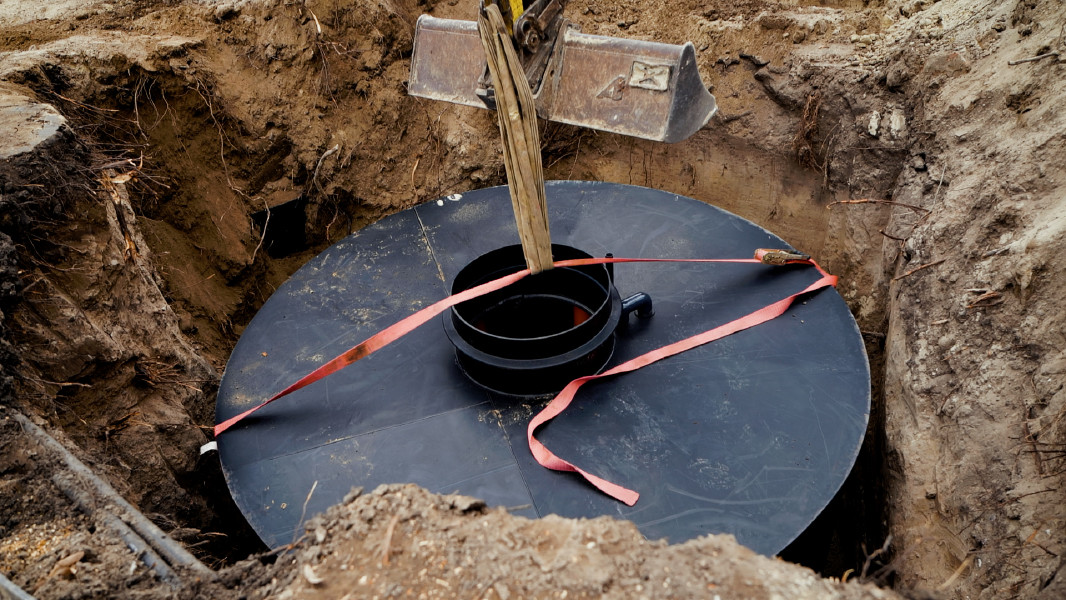
Project Partners
City Water Circles project has 11 partners from 6 central European countries
Project in numbers
Partners
Countries
Pilot projects
Innovative urban strategies
